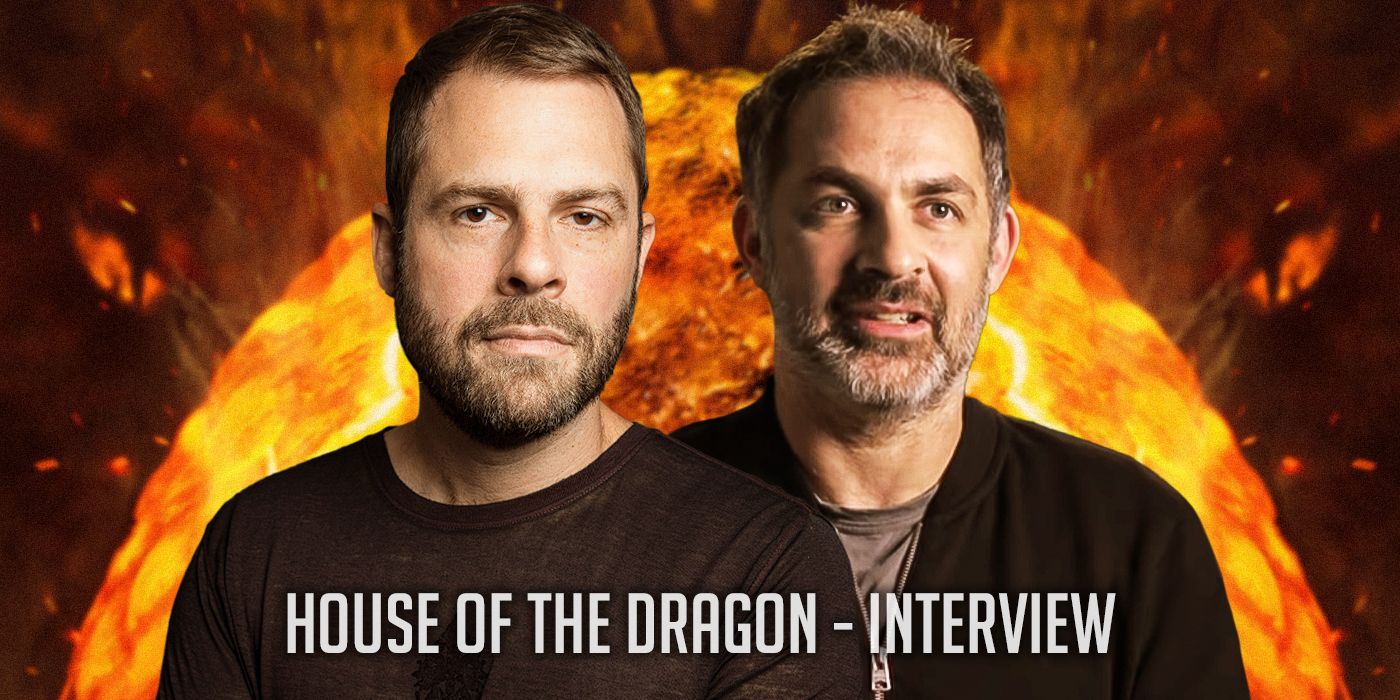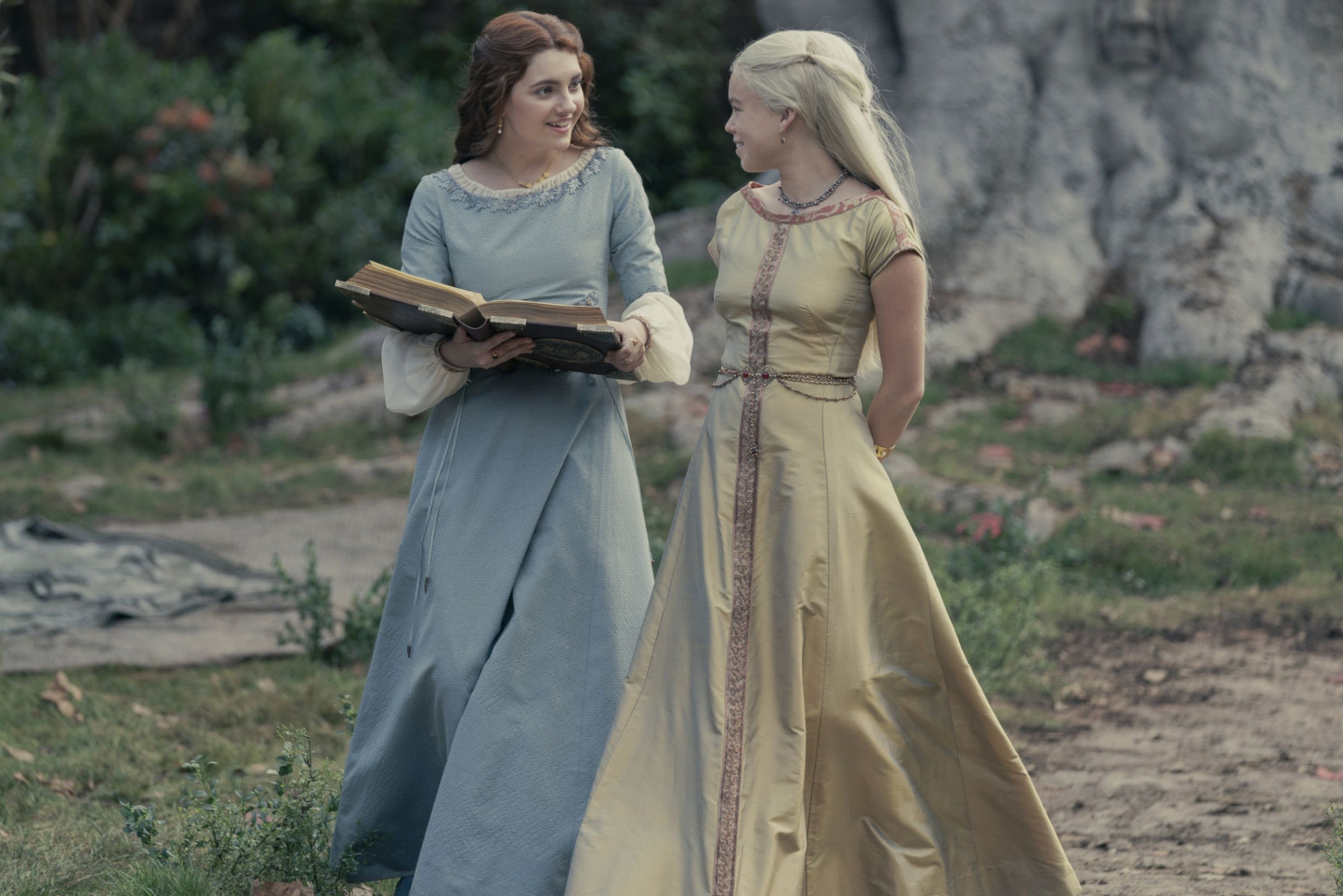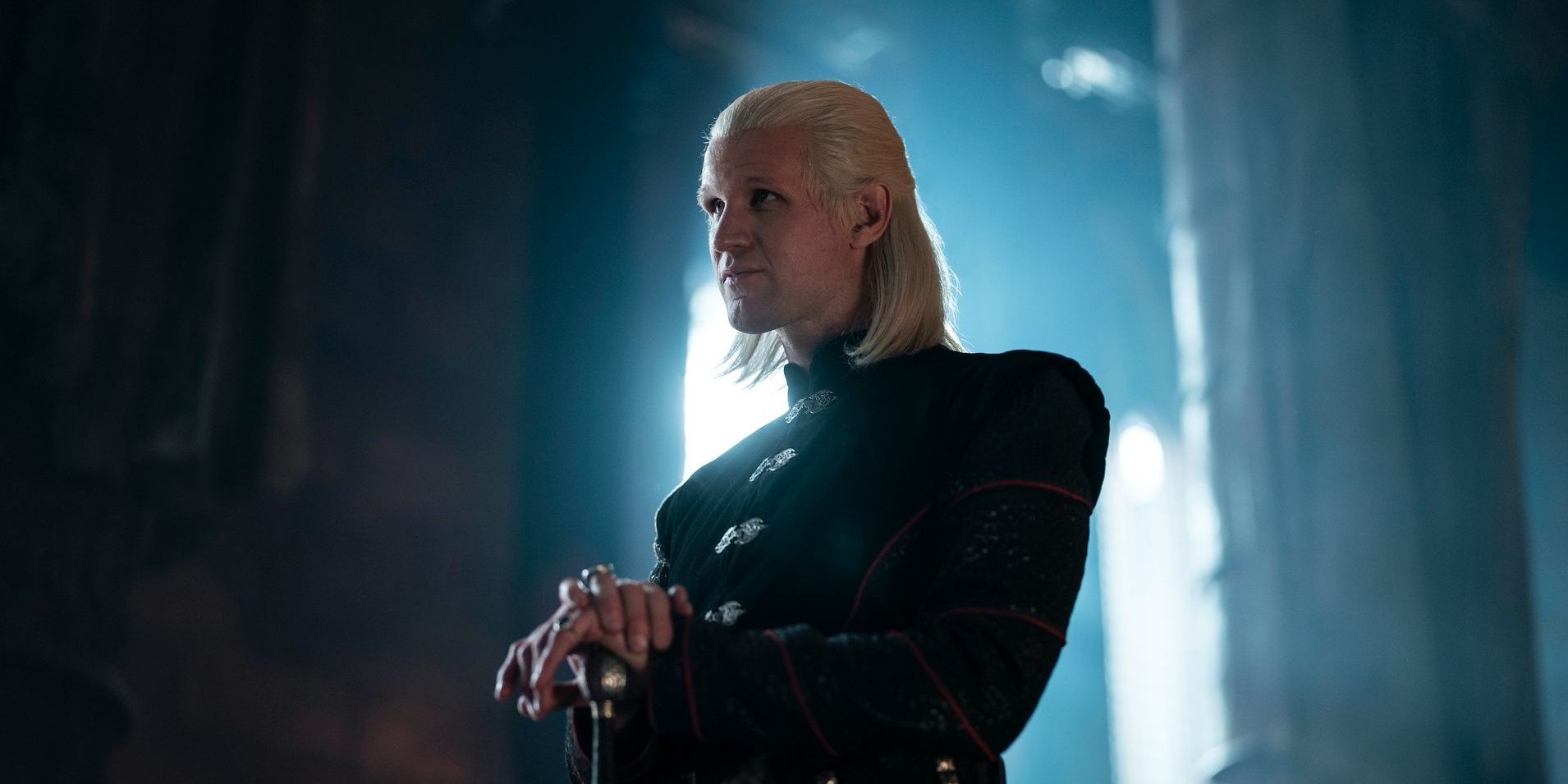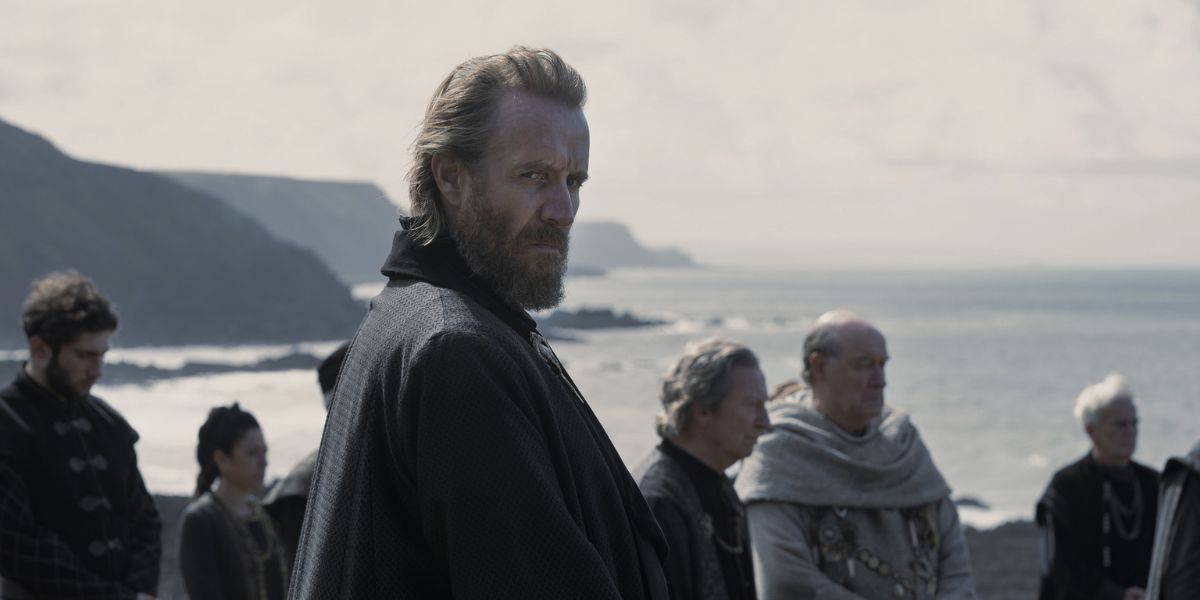From co-showrunners Ryan Condal (Colony) and Miguel Sapochnik (Game of Thrones), who are also executive producers along with author George R.R. Martin, the HBO series House of the Dragon explores the Targaryen family with all of the power, danger, rivalry, jealous, betrayal, murder and love that could either make them invincible or tear them apart. When you throw in powerful dragons, it becomes impossible to know who to trust or where loyalties lie, and the Iron Throne that they’re all fighting for is not kind in its embrace of whoever sits upon it.
During this interview with Collider, Condal and Sapochnik talked about how they came to be working on House of the Dragon together, the meeting that Condal had with Martin nearly 10 years ago, the importance of figuring out what not to change from what had been established with Game of Thrones, telling a unique story, and how this rich landscape lends itself to more story in possible future seasons.
Collider: How did this pairing between you two come about? Miguel, you were an EP and director on Game of Thrones, but how did the two of you guys end up working on this project together?
MIGUEL SAPOCHNIK: We were introduced to each other. Actually, Ryan had said that he wanted to meet me about doing an episode of Colony, but that meeting never happened. And then, we met and got on. I had read one of his feature scripts, called Infinite Horizon, that I really liked, and I wanted to do it, but the producers didn’t want me to do it. And then, we ended up working together on Conan, as a television show. I’d been pitching a feature version of it, and he said, “Why don’t we do it as a TV show?” That got set up, and then the Infinite Horizon people said, “Oh, now we want to make it with you,” as is often the case. We’ve just basically been working on projects together for a while, and this was the one that actually went forward into production.
RYAN CONDAL: That actually came together, yeah.
Ryan, I heard that you had reached out to George R.R. Martin in 2013, to buy him dinner when you were in Santa Fe. Did you have thoughts, at that time, about finding a way to collaborate with him on something, or did you just want to meet him? What was going through your head, at that point, and what does that meeting feel like now?
CONDAL: No, it was very innocent. I was very much just a fan. I was somebody that, if I had the chance to meet someone that had influence on me as a writer or just as a fan, I would always try to sit down and talk with them – writers, screenwriters and directors that I admired and respected. If there was an organic opportunity that came along, I always sought it out, and George was one of those opportunities. It was, like I said, very innocent. Game of Thrones was very successful already, at that point, and it was early in its run. That was now nearly 10 years ago. It didn’t feel like George needed anything at all from me. I just wanted to get to know him. Obviously, it led to things later on, but I never expected anything out of it.
How do you think the you from then would react to what is happening now, with this show?
CONDAL: I think he would think it’s pretty crazy. I don’t know. That was before I was married. It was before children. Life changes so fast. At that point, I was making my very first television pilot, which didn’t get picked up to series. But I made a whole TV show after that, with three seasons of Colony. My career really changed a lot after that experience in Santa Fe. At that point, I was really much more focused on just trying to find work. Now, later in my career, I’m more established and trying to find good work and pro projects to work on that I would be proud of and proud to have created. Any Ryan of the last 20 years would’ve been pretty blown away by this experience.
When you guys sat down to figure out what this would be, knowing the success of Game of Thrones and that there were so many people trying so many different forms of continuing that story, was a there a moment or a thing that you really just knew was what this show needed to be?
CONDAL: I think it was our combined experience, me as a fan of the original books and the original show, and Miguel having made some of the most successful episodes of the original show. First of all, we see the creative landscape and world on a very similar spectrum, just as us. That’s why we got along on those other projects that we discussed. But I think we also both had an individual sense of what made Game of Thrones work. I don’t think we ever really spoke about it in textual detail, but we both had a sense of it, going in. Our first challenge was to figure out what not to change and what we had to carry forward, as far as the tone, voice, look and feel of the show, the spectacle and the elegance of it. And then, once we had sorted that out, it was about, “Okay, what makes this particular story unique? Let’s not just make a prequel because there’s a desire to make more money off of Game of Thrones. Let’s make it prequel because there’s a story to tell here.”
SAPOCHNIK: For example, The Sixth Gun, which was the pilot that Ryan did in New Mexico when he went and met George, was up for grabs, the first year that I started doing pilots. I remember really wanting to do that pilot, but it had been taken by the guy called Jeffrey Reiner. And then, when we finished Game of Thrones, I remember going to Francesca Orsi at HBO and saying, “You should really consider Ryan Condal to write something.” Ryan has read the books and is an encyclopaedia of knowledge of that world. I haven’t, and probably purposefully. It creates a different perspective that’s valuable for both of us, objective and subjective.
When you do a show on of this size and scale, you can’t really just do things on a whim. You’ve previously talked about how you’re already planning ahead with Season 2, so how much have you planned for a possible second season? How far ahead have you planned, overall?
CONDAL: I think we have a fairly good plan laid out. Plans like that always have to be fairly broad, yet you have an idea of landmarks, and places that you want to go, and a sense of an end point, which I think is really important, particularly with this story. There’s 170 years of history in front of us, so you have to figure out, at what point do you do lower the curtain on this particular story? We’ve always had a good sense of that. I think we have a good plan for Season 2, if HBO is willing and eager to continue telling the story with us. There is really 300 years of Targaryen history to explore, and there are many stories within there that are really fascinating. There’s the story of the conquest, the story before the conquest, the Targaryens leaving Old Valyria. You have a tale like this, where the Targaryens have dragons and are in power. And then, there are also stories where the Targaryens no longer have dragons, but are still in power. What changes there, and how is that different? It’s a very rich tapestry. It’s a rich landscape. I think the fan base is willing and eager. There’s a lot of storytelling left in this world, if people want it.
House of the Dragon airs on Sunday nights on HBO and is available to stream at HBO Max.




